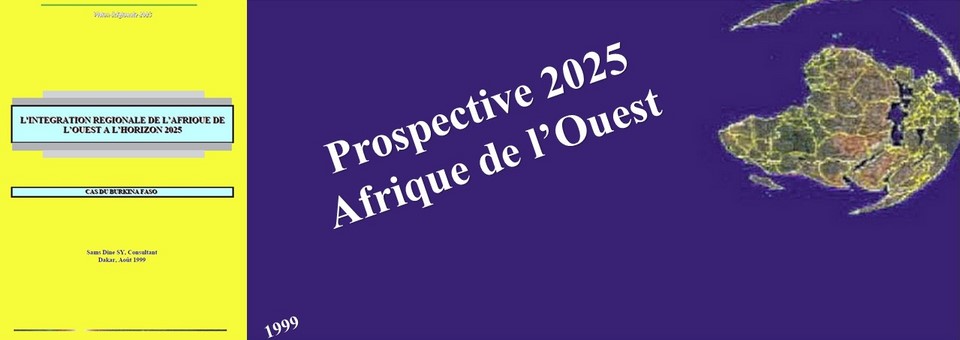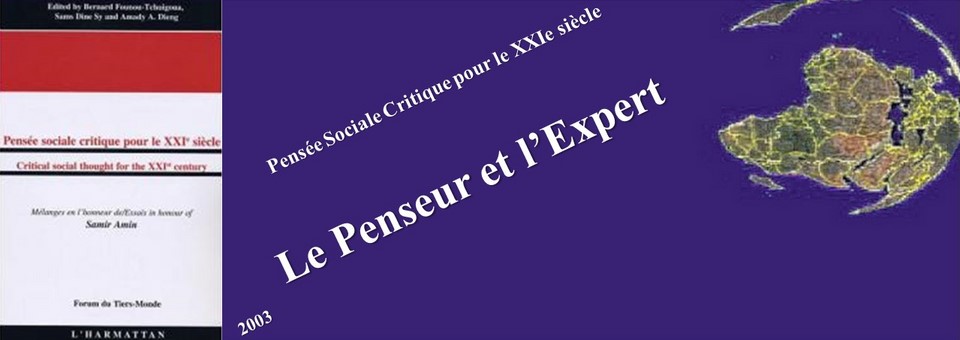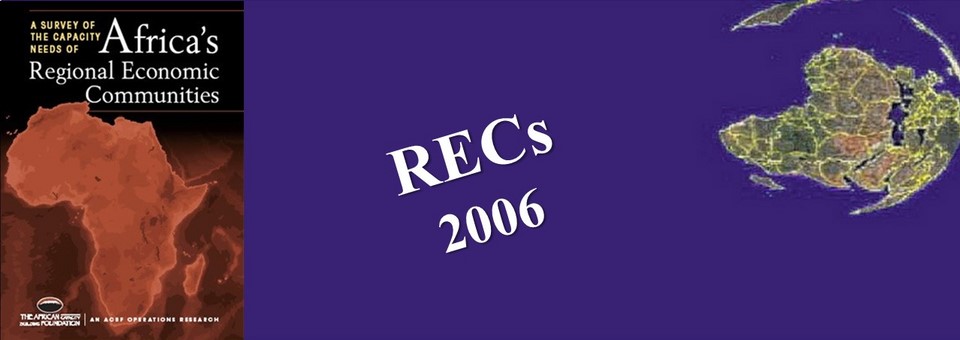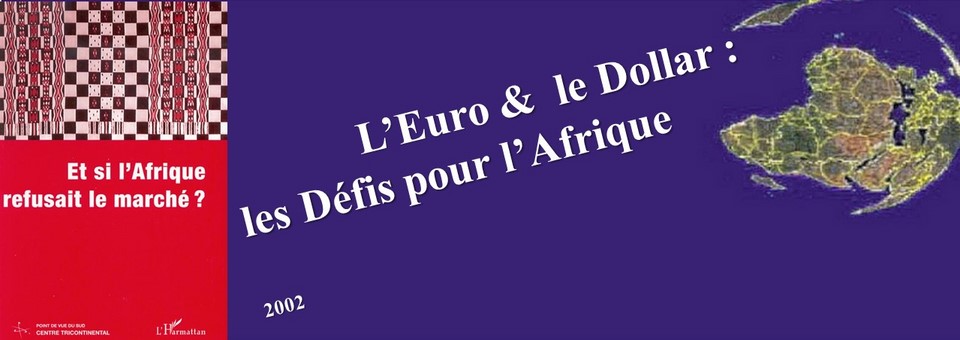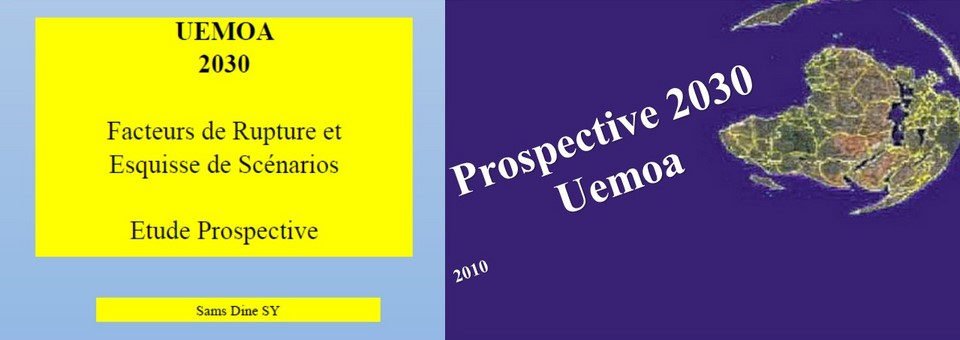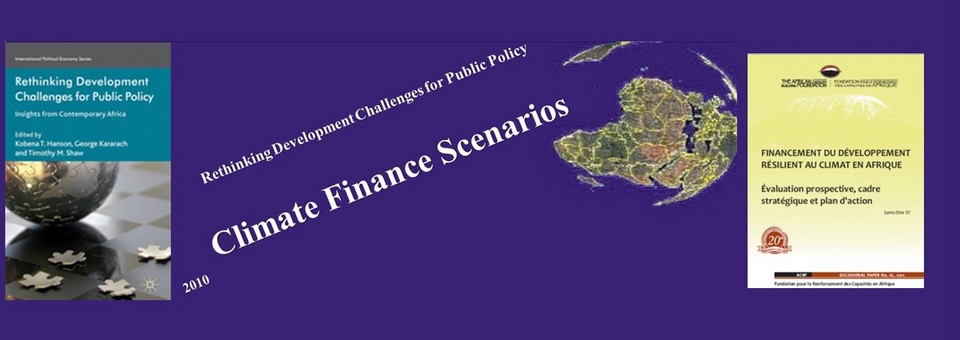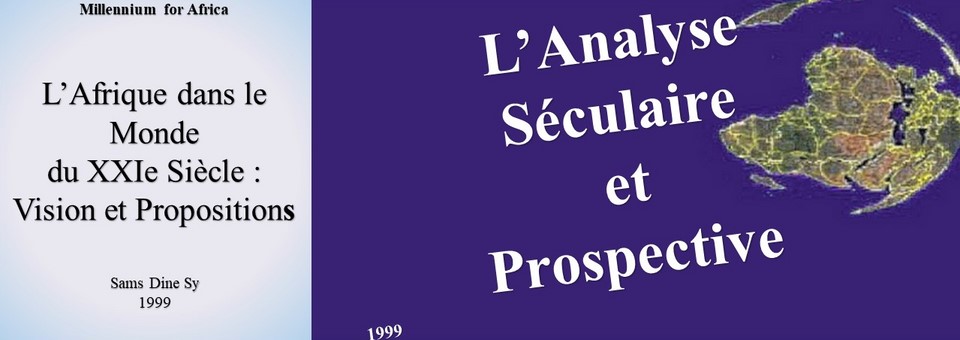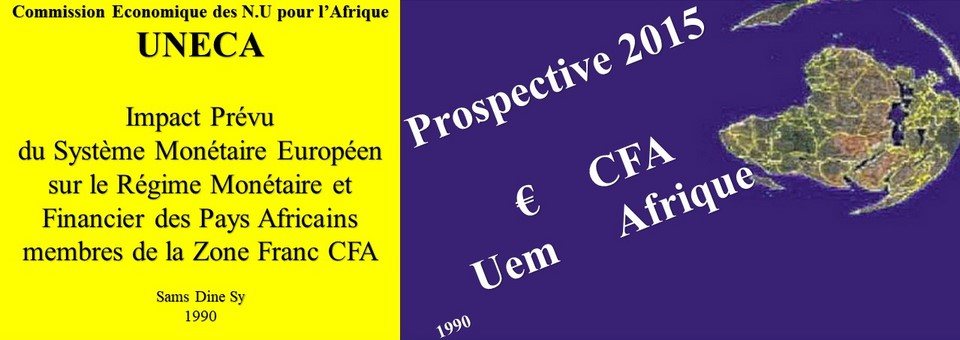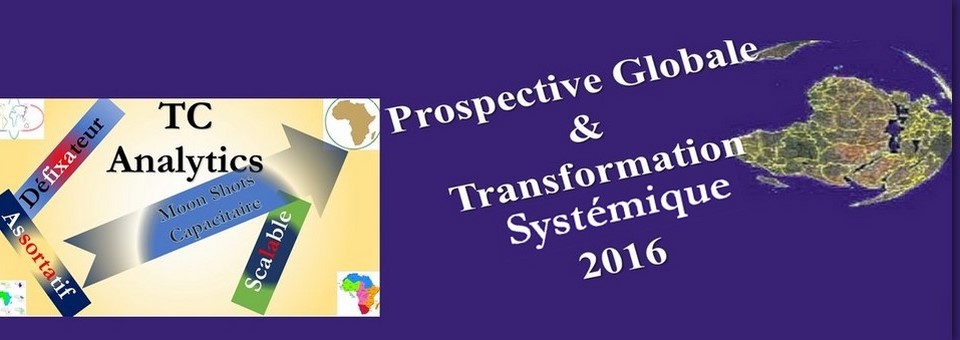REGIONAL ECONOMIC COMMUNITIES,RECs
RECs Policy Cycle to integrate the Federal State
ECCAS
Since its creation in 1983, the EAEC has been in the "REC Project" stage. The agreement on the first stage "the FTA was reached in 2004 but implementation will only take place from 2006.
This situation is all the more unacceptable as ECCAS brings together some of the countries with the best resources on the continent.
The reluctance of countries to delegate part of their economic sovereignty and the persistence of endemic conflicts explain the slowness of the regional integration process in Central Africa and rank this region among the last in this field.
Blatant Weaknesses
Nearly half of the resources are absorbed by the question of conflicts leading to a modification of the ECCAS missions.
These institutional weaknesses are characterised by the absence of a 20-year forward vision, a structured medium-term economic programme and a strategic planning and management system.
The ECCAS staff devotes a large part of its resources to the search for external support, technical assistance projects and consultancy services.
A vulnerable organization
The efforts made since the crises and conflicts have diminished in intensity are intended to create the minimum conditions required to implement an operational regional integration programme.
But these efforts are largely driven by external support and subject to conditionalities that require concrete commitment from Member States.
These efforts address issues such as the reorganization of the SG, the design of an organizational chart, job descriptions.
Such fundamental elements for the functioning of a modern organisation are still lacking: incentives for performance, transparency and legibility of operational processes, constitution of a critical mass of competence to lead regional economic integration.
Equipment and essential infrastructure are lacking for training, research, networking, knowledge management, communication and consultation of key players, management of current tasks.
A dependent organization
States' financial contribution is the main resource
ECCAS has no capacity to mobilize them and even less to generate additional income from donors, the private sector and capital markets.
This dependence has implications as unexpected as the obligation for the ECCAS Secretariat to seek financial resources to finance the preparation of terms of reference and consultancy services for pre-feasibility studies.
In the absence of adequate financial resources, the Secretariat is finding it difficult to recruit the minimum staff and to equip them would only be progressing towards the establishment of the Community Integration Contribution essential to their survival as RECs.
Capacity Needs
.ppt
Survey of the Capacity Needs of the Economic Community of Central Africa
A. EXPRESSED NEEDS AND CAPACITIES (QUESTIONNAIRE)
B. CRITICAL ASSESSMENT
C. RECOMMENDATIONS

